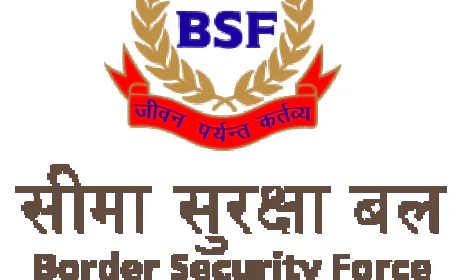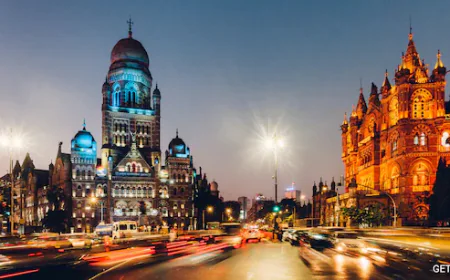Government will have the first right on oil and gas during national emergency, this is said in the draft rules
Draft Rules: According to the draft rules prepared for amendment in the laws related to the oil sector, in the event of a national emergency, the government will have the first right on all the oil and natural gas produced in the country. According to the draft rules, the producers of oil and natural gas will be paid the "fair market price prevailing at the time of pre-authorization". Let us know about this in detail.

As per the draft rules being prepared for amendment of laws pertaining to the petroleum industry, during a national emergency, the government will enjoy priority over all country-produced oil and natural gas. Crude is tapped from beneath or below the sea level and processed into petrol and diesel-type fuels. In addition, natural gas is utilized for generating electricity, making fertilizer, for vehicle use with CNG, and piped cooking gas. The inclusion of such rights within the draft pertaining to amendment of rules is made to allow the government to give priority to national interest and national well-being in times of emergency.
According to the draft rules, producers of oil and natural gas will be paid "fair market price prevailing at the time of pre-emption". The Ministry of Petroleum and Natural Gas has invited comments on the draft rules. Earlier this year, Parliament passed the Oil Sector (Regulation and Development) Amendment Bill. The Bill proposes to replace archaic provisions of the 1948 Act to boost domestic production, attract investments and support the country's energy transition goals.
The rules state that, "In case of a national emergency in respect of petroleum products or mineral oil, the Government of India may, at all times during such emergency, have the right of pre-emption over mineral oils, refined petroleum or petroleum or mineral oil products produced from crude oil or natural gas extracted from the leased area, or such crude oil or natural gas which the lessee is permitted to sell, export or dispose of without refining within India, and the Government shall have a right of pre-emption over it."
This right will be exercised by providing "fair market price prevailing at the time of pre-emption to the lessee by the Government of India, for petroleum or petroleum or mineral oil products or crude oil or natural gas taken in pre-emption". The rules, however, did not define what would constitute a national emergency. Industry sources said war or war-like situations - such as the one faced by the country in the military standoff with Pakistan - or natural calamities could constitute a national emergency.
"It is for the Government of India to decide what would constitute a national emergency in relation to mineral oils. Its decision in this regard shall be final," the rules said. The draft rules also provide for exemption of oil and gas operators from their obligations under the Act in force majeure circumstances. Force majeure includes an act of God, war, insurrection, riot, civil commotion, tide, storm, tidal wave, flood, lightning, explosion, fire, earthquake, epidemic and any other event which the lessee could not reasonably prevent or control, the rules say.













































































